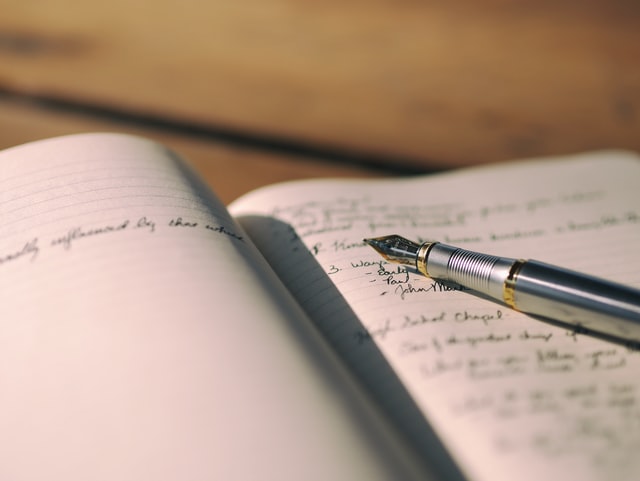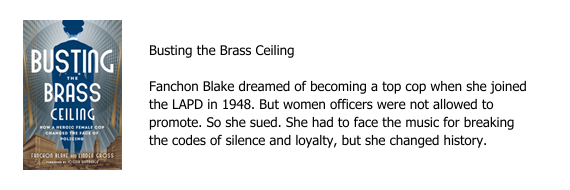Do you journal? If not, maybe you should.
While I try hard not to should on myself, with admittedly limited success, journaling is one of those shoulds that I may actually start listening to. Maybe I’ll just turn this blog into my journal.
Why bother?
I was barely a teenager when I figured out that writing could help me sort out my emotions, which were on a rampage that would last longer than I would have liked. Much later, I would learn that writing could also help me identify thoughts and feelings I didn’t even know I had. I had been assigned a piece about how we are powerless to effect transformation in those around us. When I reviewed my essay, I noticed that my headline read: I Am Powerful to Change Others.
Perhaps because of my work as a writing coach and author, my personal, introspective writing has ebbed. Handmade blank journals sit on my bookshelf as display pieces rather than tools for self-discovery. And that’s too bad. The people I know who journal regularly seem to ride out their storms with more equanimity, and generally cruise through calmer waters than I. By putting pen to paper, they’ve found the “write balance” for themselves.
It turns out that in addition to providing a forum for no-holds-barred self-expression, studies show that journaling helps us to better handle stress, anxiety, and depression. And after a traumatic event, it can improve our physical health as well as our mental health, according to a Cambridge University study. Research at Michigan State University showed that journaling even helps us function better when it comes to dealing with difficult tasks.
Of course, that’s not going to happen if your journaling consists simply of a who-what-when-and-where account. But tackle the why and how (as in how you’re feeling), and now we’re talking. How ever and whenever you opt to jump into journaling, the key lies in self-reflection coupled with a lack of self-judgment. If there was ever a time for sloppy copy, this is it.
Happy journaling!




















0 Comments